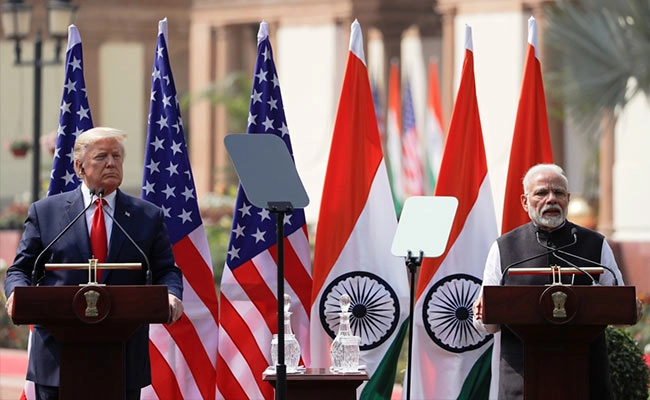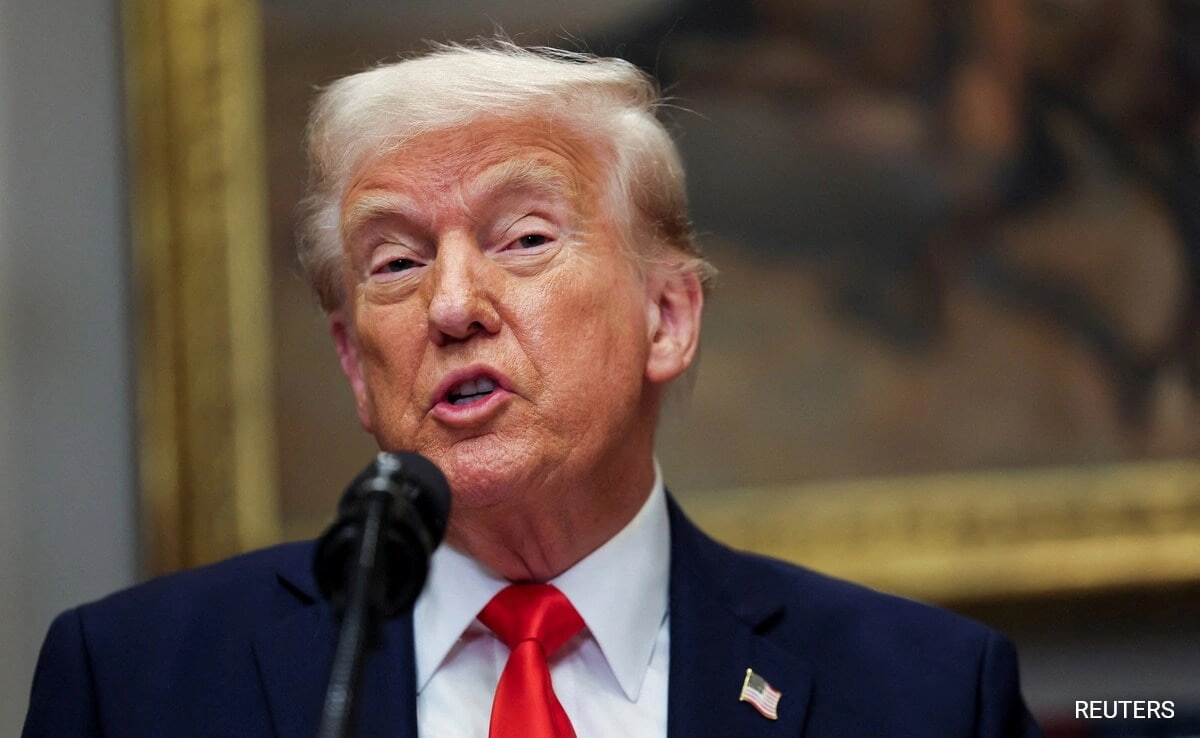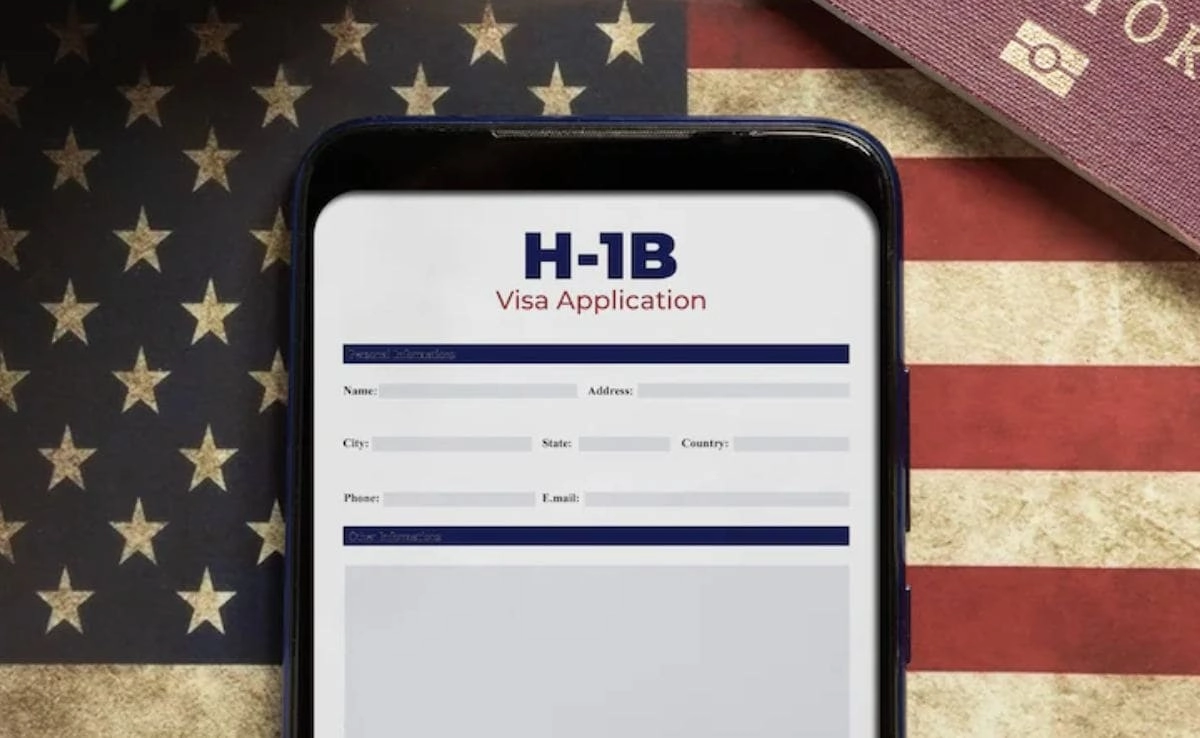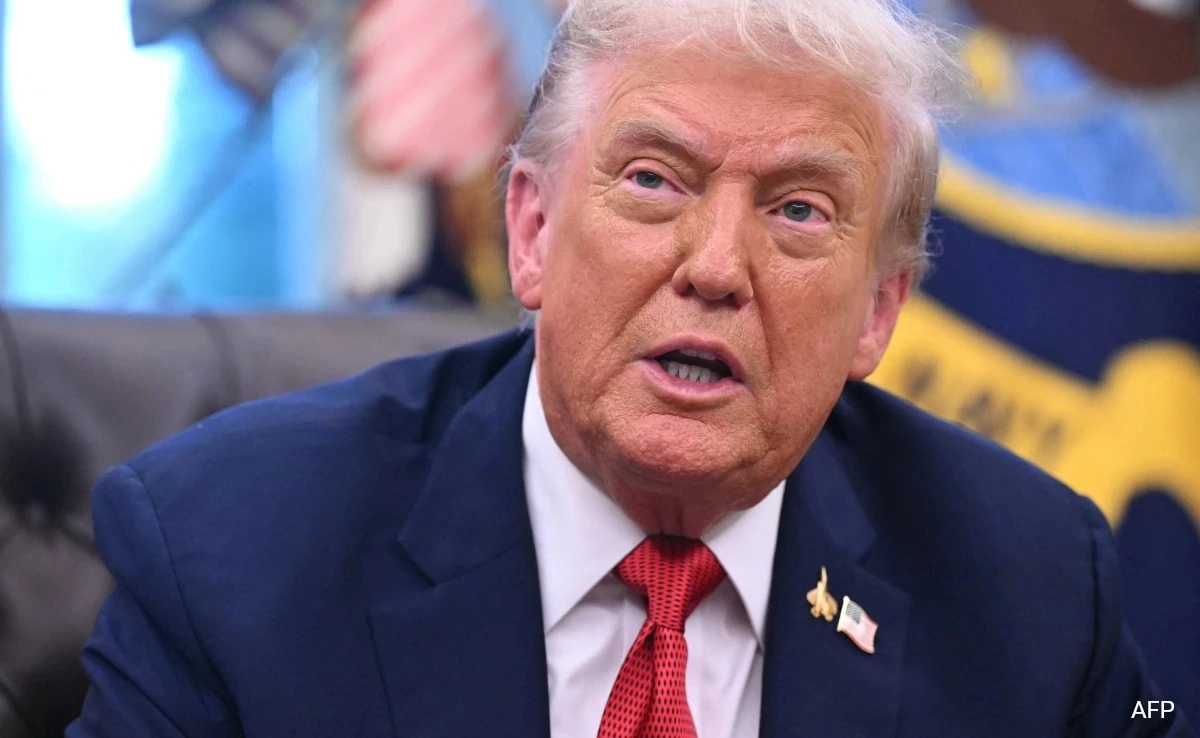In a recent development that has attracted significant attention, a senior aide to former President Donald Trump has publicly accused India of financially supporting Russia’s ongoing war in Ukraine. This allegation has sparked a heated debate, drawing scrutiny from political analysts and international relations experts alike. The aide’s comments come amid a complex web of geopolitical alliances and economic dependencies that define contemporary global politics. With India being one of the largest purchasers of Russian military equipment and energy resources, the implications of such an accusation could have far-reaching consequences for India’s foreign policy and its relationships with both Russia and the United States.
The assertion that India is “financing” Russia’s military efforts in Ukraine is not merely a diplomatic affront but could also signal a shift in how nations navigate their economic and military partnerships. As the war in Ukraine continues to reshape international relations, countries like India find themselves at a crossroads, balancing historical ties with Russia against the backdrop of increasing pressure from Western nations to take a more definitive stance against Moscow. This dynamic raises questions about the future of India’s strategic autonomy and its approach to international diplomacy, particularly as it seeks to maintain its own security interests in an ever-evolving global landscape.
Furthermore, the comments made by Trump’s aide reflect a broader trend of heightened scrutiny over nations’ roles in the Ukraine conflict. With the ongoing military operations and the resulting humanitarian crisis, the international community is increasingly attentive to how various countries contribute to or hinder efforts to restore peace. The accusation against India could influence other nations’ perceptions and actions, potentially leading to a reevaluation of alliances and partnerships based on ethical considerations and geopolitical strategy. As the situation develops, it remains to be seen how India will respond to these allegations and what measures, if any, it will take to address the concerns raised by the former Trump administration.
In conclusion, this incident underscores the complexities of modern geopolitical relationships and the challenges that arise when economic interests intersect with moral imperatives. As nations navigate these turbulent waters, the need for careful diplomacy and clear communication becomes ever more crucial. The world is closely watching how India will manage its foreign relations in light of these accusations, as its decisions could have significant implications not only for its own national interests but also for global stability in a time of conflict.




